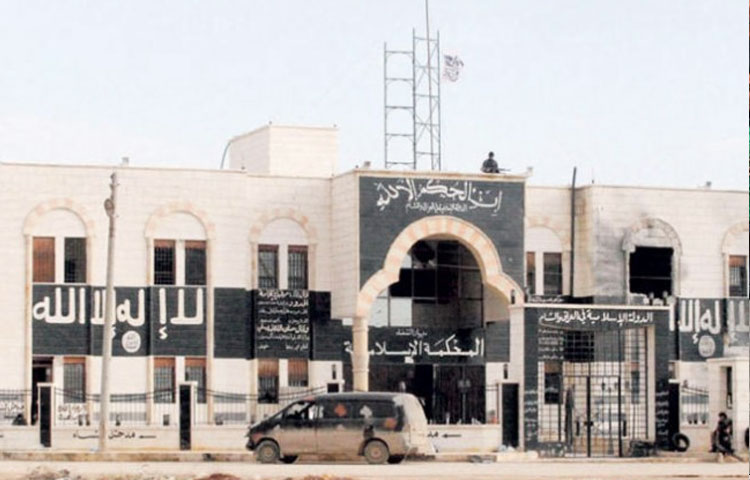
Attempts at founding Judiciary in Raqqa were terminated by ISIS

In March 2014, the city of Raqqa was completely liberated from the regime forces according to the testimony of a lawyer who did not want to reveal his name for security reasons.
Lawyers played the biggest role in forming local councils to manage the governorate. Lawyer Abdullah al-Khalil was appointed governorate chief of liberated Raqqa. He was one of the most prominent leaders during the peaceful movement during the revolution.
The Sharia board was established in Raqqa directly after liberation. Armed factions in the city participated in the foundation process including al-Nusra Front, Ahrar ash-Sham, and the Free Syrian Army. The only exception is ISIS which established its own court and called it the ‘Islamic court.’
The Sharia court adopted the Unified Arab Law as a judiciary reference. Lawyers had a limited role in the court. Few of them worked as judges in civil lawsuits. After ISIS took power over Raqqa at the end of 2013, it expelled all the armed brigades in the city, and the Sharia board was dissolved. The Islamic court continues to function in Raqqa.
Judiciary records and files in the hand of ISIS
All the lawsuits ongoing in the courts of Raqqa were preserved after the liberation of the city. The unfinished lawsuits were referred to the Sharia courts especially the civil lawsuits. Regarding penal lawsuits, the lawsuits could not be followed up on because most of those accused fled the governorate to regime-controlled areas in other governorates. The regime subsequently shelled the court and the judicial archive. Consequently many files were ruined. The ones which survived were taken over by ISIS.
continue all topic:
Prominent Judicial Bodies Formed in Liberated Syria
The Phase of Regression: ‘Sheikhs’ Replacing Judges
Peoples’ Courts in Autonomous Administrated Regions
Free Independent Syrian Judiciary Council
Three Authority References Warn of the Division of Syria
Syrian State Law: will its continued implementation help maintain the unity of Syrian territory?
Islamic Sharia: Military Brigades Reject Legal References and Insist on the Implementation of Sharia
Judicial Schemes and the Shape of Laws in Areas outside the control of the Syrian Regime
Judiciary in Aleppo is unable to counter the Hegemony of the Military
Rehabilitative Program for Prisoners in Aleppo
Deraa: The Judiciary Scheme, Shape of laws in it since its Liberation
Eastern Ghouta: Foundation of Independent Judiciary following Liberation
Judiciary is absent from Western Ghouta and Sharia Implementation in Qalamoon
Jaysh al-Fateh Promises to implement a Unified Judicial Reference in Idlib
Al-Nusra Front Controls Judiciary in Lattakia Countryside
Hama Countryside: Absence of Judiciary and Subordination of Khan Sheyhun court
Al-Waer court and resolving dispute by consensus in Homs
Judiciary in Deir ez-Zor terminated by ISIS
Attempts at founding Judiciary in Raqqa were terminated by ISIS
Judiciary System under Baath Rule
How do Syrians value courts’ performance and Judiciary in their liberated areas?
Killing Justice in the North of Syria
Higher Judiciary Institute in Aleppo: First Graduates in Liberated Areas
if you think the article contain wrong information or you have additional details Send Correction
-
Follow us :
Most viewed
- Intentions for popular resistance amid Israeli escalation in southern Syria
- Turkey moves to deploy air defense system in Syria
- SDF to withdraw from Aleppo neighborhoods following agreement with Damascus
- Washington's conditions raise questions about its openness and goals in Syria
- Al-Sharaa names new Syrian government

















 A
A
A
A
A
A


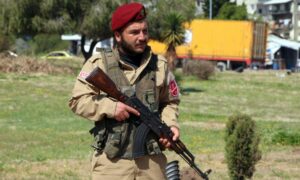

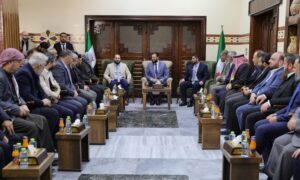
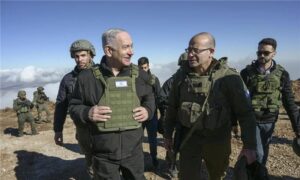
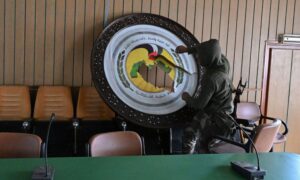
 More Investigations
More Investigations